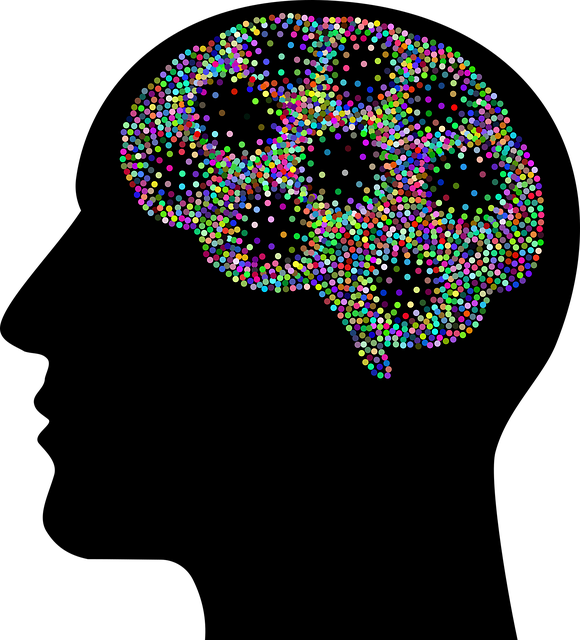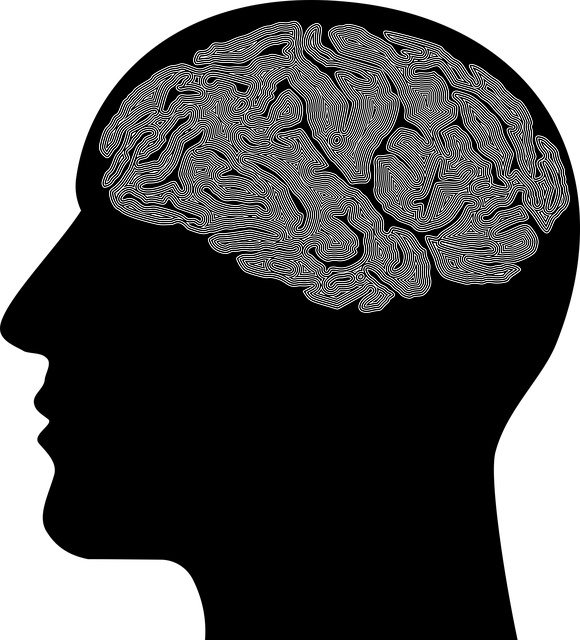Stress management is a critical need for young Hebrew-speaking children, who may struggle with emotion regulation due to cultural norms and academic pressures. Tailored therapy approaches, incorporating language and cultural background into techniques like mindfulness meditation and mood management, are essential. These methods empower kids to cope with academics, peer dynamics, and family life stressors, improving mental health and well-being. By integrating activities like gratitude journaling and art therapy, therapists foster emotional intelligence and resilience in vibrant Hebrew-speaking communities worldwide.
“In today’s fast-paced world, equipping young minds with effective stress management techniques is more crucial than ever. This comprehensive article explores a unique perspective on teaching stress relief to children in a Hebrew-speaking context. We delve into the significance of understanding childhood stress through a cultural lens and the role of specialized therapy.
From practical strategies for educators and parents to fostering resilience, this guide offers valuable insights for creating a supportive environment, ensuring healthy development among young Hebrew speakers.”
- Understanding Stress in Young Children: A Hebrew Speaking Perspective
- The Role of Therapy in Teaching Effective Stress Management
- Practical Techniques for Reducing and Managing Stress in Kids
- Cultivating Resilient Hebrew-Speaking Youth Through Stress Management Education
Understanding Stress in Young Children: A Hebrew Speaking Perspective

Stress is a complex emotional response that young children, particularly those speaking Hebrew, may struggle to comprehend and manage. In this context, understanding stress involves recognizing its triggers and impacts on their developing minds and bodies. Many young kids face stressors related to academic expectations, peer interactions, or family dynamics, which can lead to anxiety, irritability, and even physical symptoms like headaches or stomachaches.
Hebrew-speaking communities often have unique cultural and social norms that can influence how stress is perceived and addressed. Providing therapy for young children in this perspective involves tailoring approaches to incorporate their cultural background and language. Techniques such as mindfulness meditation and mood management strategies can be adapted to include Hebrew-language narratives and visual aids, boosting the child’s confidence in their ability to cope with stressful situations.
The Role of Therapy in Teaching Effective Stress Management

Therapy plays a pivotal role in teaching young children, especially those speaking Hebrew, effective stress management techniques. Through tailored Emotional Well-being Promotion Techniques, therapists can help children develop coping strategies that resonate with their unique cultural backgrounds and experiences. This approach not only equips them to navigate life’s challenges but also fosters mental wellness.
Mental Health Education Programs Design incorporating therapy can be enhanced by simple yet powerful tools like Mental Wellness Journaling Exercise Guidance. By encouraging children to express their feelings through writing, therapists promote self-awareness and emotional regulation skills. These practices are essential components of a holistic strategy aimed at nurturing the mental health of young individuals within the Hebrew-speaking community.
Practical Techniques for Reducing and Managing Stress in Kids

Stress management is an essential skill to teach young children, especially those who speak Hebrew and are navigating their mental wellness. Kids often face stress from academic pressures, social interactions, or even changes at home. Teaching them practical techniques early on can help them develop resilience and healthier coping mechanisms. One effective strategy is mental wellness coaching, which involves guiding children to understand their emotions and providing tools to manage stress independently. This can include teaching deep breathing exercises, visualization techniques, and positive affirmations to foster a sense of calm.
Communication strategies are another powerful tool. Encouraging open dialogue about feelings and experiences allows kids to express themselves healthily. Positive thinking activities like gratitude journaling or engaging in creative outlets like art or music can also be beneficial. These approaches not only help children reduce stress but also contribute to their overall mental wellness coaching program development, ensuring they grow up with robust emotional intelligence.
Cultivating Resilient Hebrew-Speaking Youth Through Stress Management Education

In the vibrant Hebrew-speaking communities across various countries, there’s a growing recognition of the importance of stress management education for young individuals. This approach is particularly beneficial for fostering resilience among youth who face unique challenges and pressures within their cultural context. By incorporating techniques such as empathy building strategies, educators can empower young people to navigate stressful situations with adaptability and grace.
Through a well-structured program, Hebrew-speaking children can learn valuable coping mechanisms that extend beyond traditional therapy for young children. This may include engaging in mental wellness journaling exercises to encourage self-expression and reflection, as well as implementing community outreach program initiatives that promote social connections and collective support systems. These strategies not only help youth manage immediate stress but also equip them with lifelong skills to thrive amidst life’s challenges.
In light of the above discussions, it’s clear that teaching stress management techniques to young children, particularly those in a Hebrew-speaking context, is a vital step towards fostering resilience and well-being. By incorporating practical strategies derived from therapy, educators and parents can effectively navigate and mitigate childhood stress. This approach not only enhances coping skills but also empowers kids to lead happier and more balanced lives as they grow. In terms of SEO keywords, the focus on therapy for young children in a Hebrew-speaking setting underscores the importance of culturally sensitive and tailored interventions for optimal stress management education.














